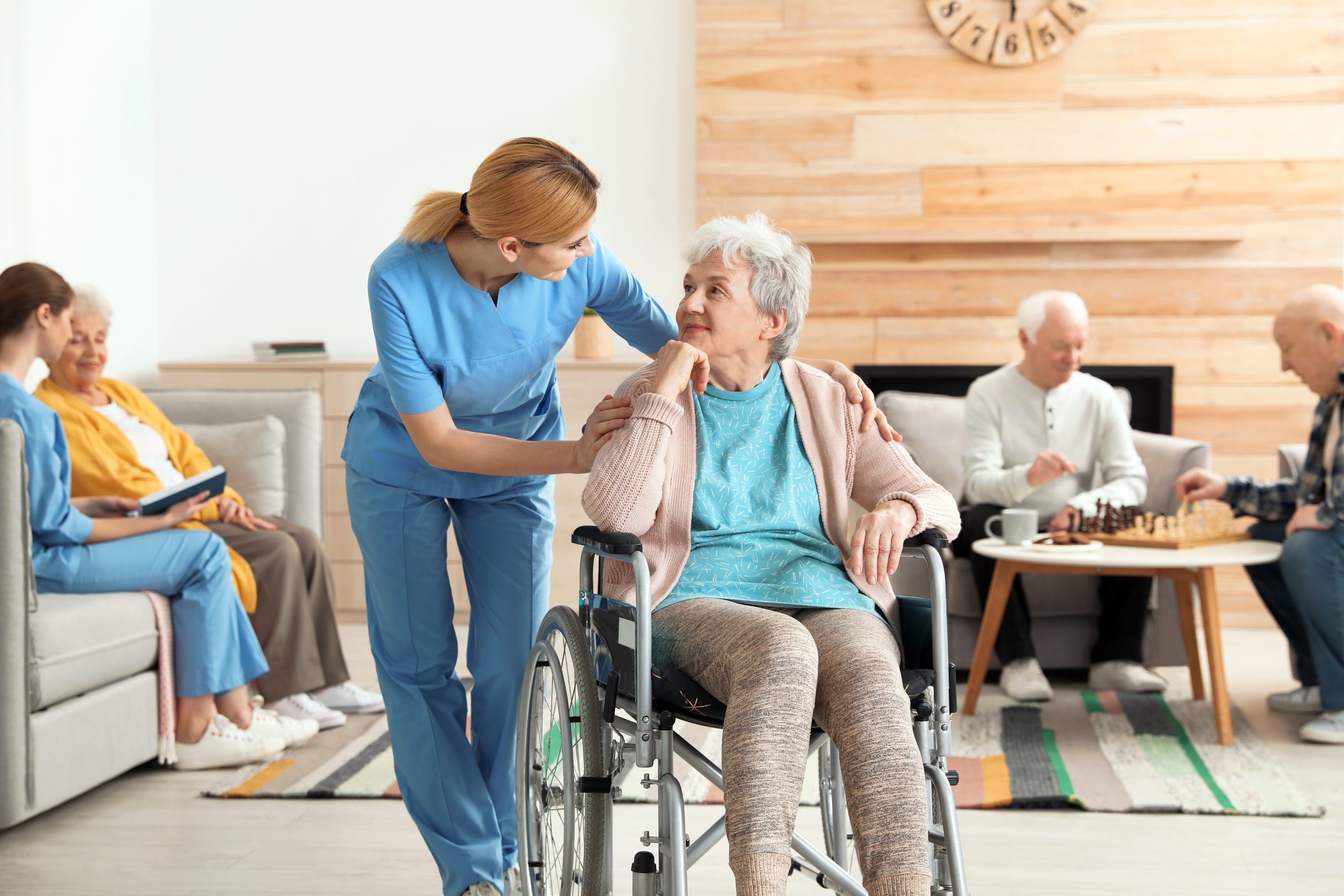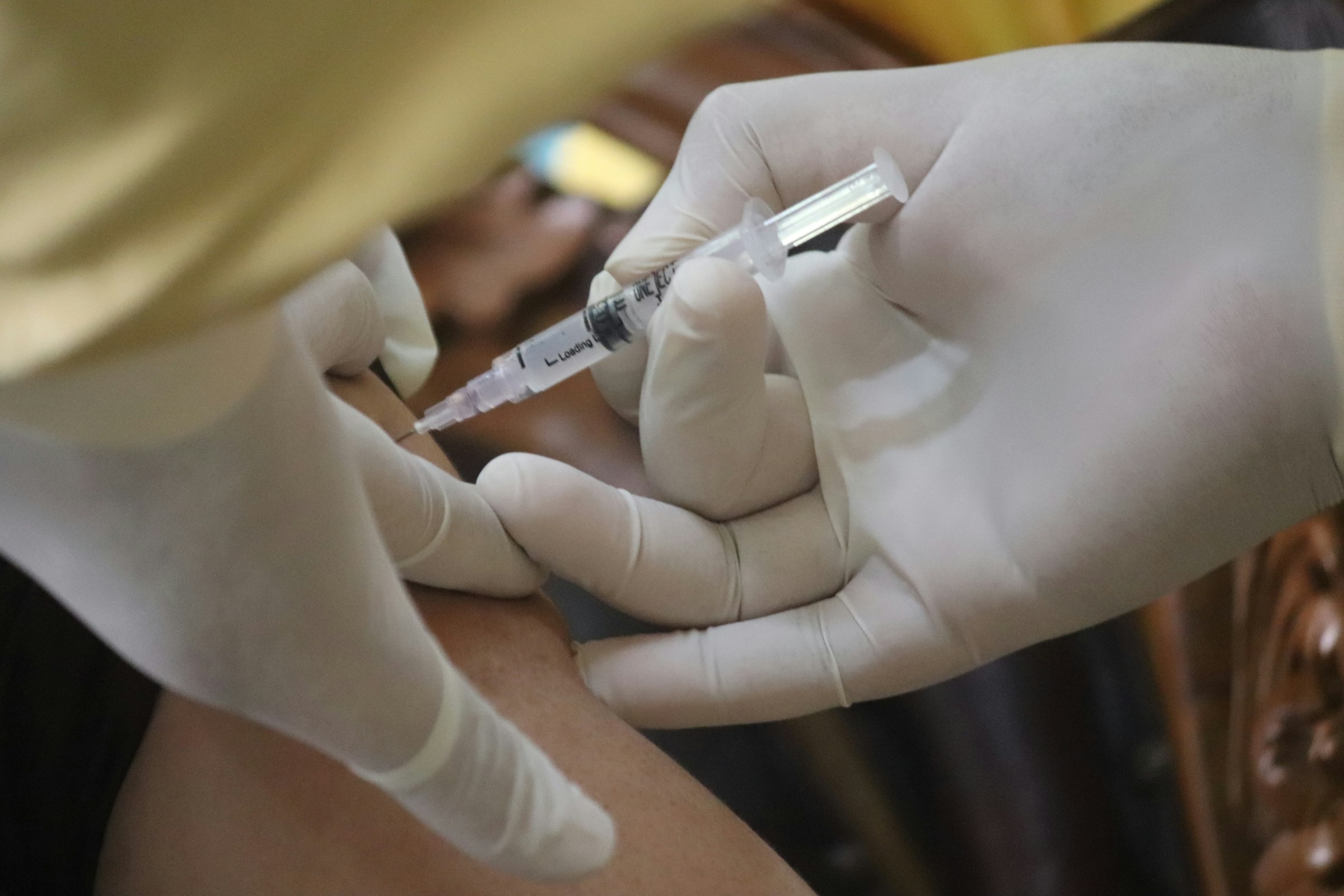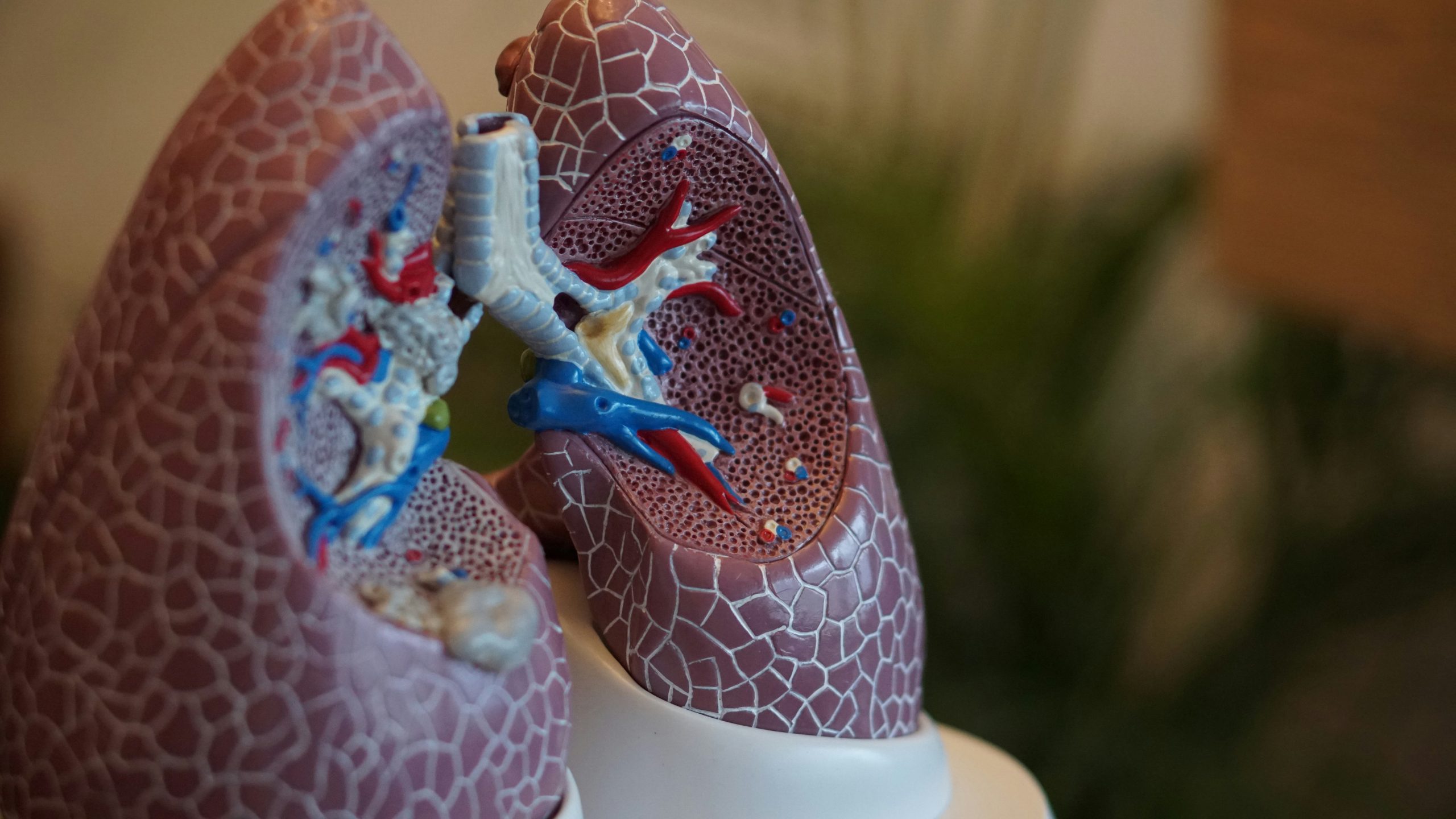Government Funding Granted for 4D Care Home Tech

In an effort to reduce strain on the NHS, the Department of Health and Social Care have announced the roll out of 4D mapping technology in social care settings to detect and prevent falls.
The UK developed technology, Whzan Guardian, uses 4D imaging technology to map a space and monitor movement around the house through sensors placed around the home which can detect falls.
£1 million in funding will enable further testing of the tech
Several care homes around England have already piloted the technology, and reported a 66% reduction in falls and a 97.5% reduction in ambulances called or required post-fall, reducing pressure on NHS services as well as protecting vulnerable residents.
As part of the Adult Social Care Technology Fund, Northeast London Integrated Care Board received a government funding boost of £1 million, which will enable them to roll out the technology in Redbridge Integrated Care System (ICS) for further testing.
Pending the technology’s success, it could be rolled out to more care homes nationally. Helen Whately, Minister for Social Care, said:
Older and more vulnerable people are at a significant risk of falls. Technology plays a crucial role in preventing them, avoiding ambulance callouts and hospital admissions and reducing pressure on the NHS.
“The Care Tech Fund has identified technology with major potential to improve the quality of care while helping people live safely and independently. The technology will deliver savings for taxpayers, as falls cost the NHS around £2 billion every year.
“Scaling up this technology is a vital part of our 10-year vision for social care reform. As the care needs of our population grow, technology will play an increasingly important part in social care that gives people the independence, freedom and security they deserve.”
Launched in April 2023 as part of the Digitising Social Care programme, the Adult Social Care Technology Fund seeks to identify promising technology that has the potential for wider rollout within the care sector.
The programme is jointly delivered by the Department of Health and Social Care and NHS England, who invited Integrated Care Systems, care providers, local authorities and technology suppliers to submit expressions of interest to apply for funding to roll out technology.
Other technologies have also been selected to receive funding
As well as Whzan Guardian, three other successful projects have been announced, including a medication management system to be developed by Lancashire and South Cumbria Integrated Care Board thanks to £1.2 million in funding.
The technology will monitor the dispensing activity of tablet and liquid medications in real time, improving patient safety and support up to 2,500 people.
Bedfordshire, Luton, and Milton Keynes Integrated Care Board are to receive £1.1 million to develop pain assessment tools and robotic pets, which will offer support for adults experiencing communication difficulties, dementia, low mood, anxiety, cognitive impairment, and problems that make it difficult to live independently.
These technologies could support more than 9,250 people in domiciliary care and in care homes, and reduce admissions to hospital while improving the quality and safety of care.
A further £1.1 million will go to London Borough of Barking and Dagenham to roll out digital technologies including video and communication devices, smart home tech, and fall-detecting sensors, supporting an additional 300 people as well as measuring the impact of personalised digital care on people, care provider efficiency, and the health and care system at large.
Redbridge Place-based partnership have also identified two other technologies with the potential for rollout, both of which feature AI.
These include the Miicare Cube: a digital health coach designed by older adults to empower those with care needs to self-care at home by voice using conversational AI.
The second, Informetis technology, combines a smart sensor with AI to monitor home appliances and overall power consumption to map out routines and activities of the user. The sensor will then be able to recognise any deviation from normal routines, potentially identifying when there has been an incident and alert carers accordingly.

